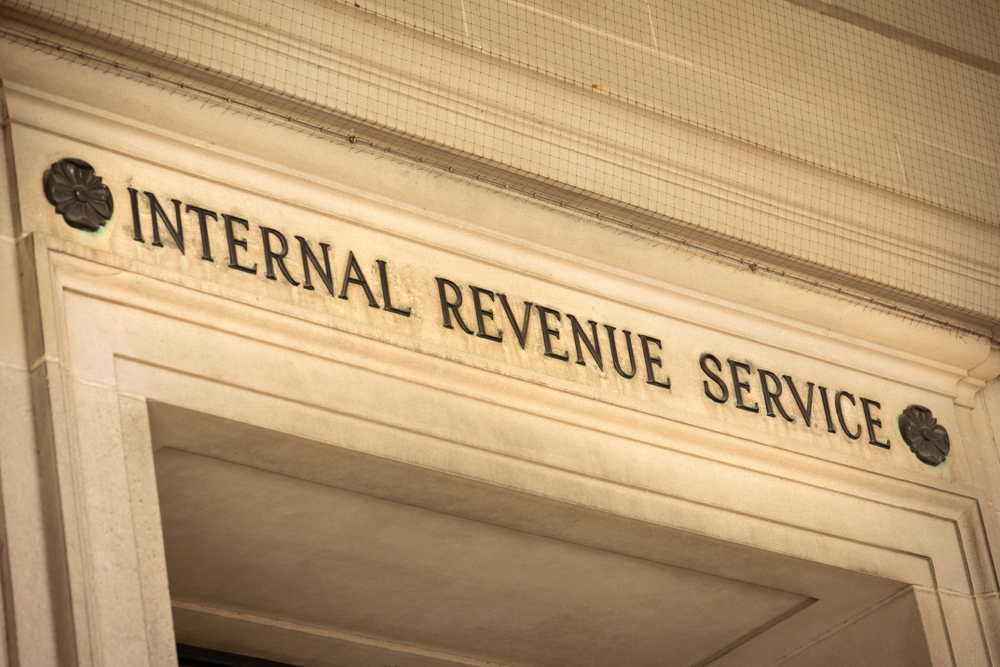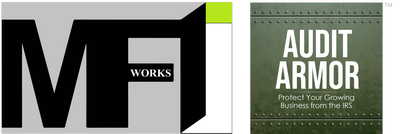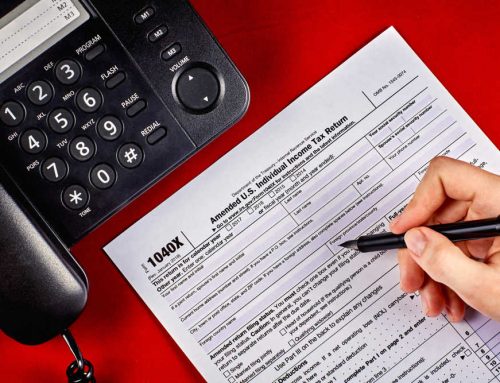
If you received a letter telling you that you’re subject to an IRS audit, what’s that one important IRS audit document that can turn into a headache? It’s the one record most business owners hate keeping. The dreaded vehicle mileage log!
The worst part is that if the IRS notices a failure to keep mileage logs on vehicles, it indicates to them that your other records are probably lacking as well. You can’t simply track how many miles you traveled; you need to include dates, places, and travel purposes.
Follow the Tax Form
No matter if you’re a corporation, partner, sole-proprietorship, or mom-and-pop shop, the tax for your file will ask you for the following information regarding your vehicle(s):
- Do you have evidence to support the business use you claimed?
- Total business miles on each vehicle
- Total commuting miles on each vehicle
- Total personal miles on each vehicle
The mileage log is the proof you need to answer these questions on the IRS Form 4562.
What the IRS Audit Requires
Again, take the extra time to completely fill out your log; an incomplete mileage log won’t stand up against an IRS audit. To help your case during the audit, here is the information required in an IRS audit:
- Copies of repair receipts, inspection slips, and other records that would show your total miles for the year
- Copies of logbooks and other documents that will support your mileage claim
- Copy of your calendar or appointment book of business activities for the year
- Copies of bills, invoices, and canceled checks for car expenses. These even include gas, insurance, tags, and parking fees
- Copy of bill of sale or other verification to establish the basis of the car
In Conclusion
While it may seem like a mundane task, filling out your vehicle mileage log is an important IRS audit document that is commonly missed. You can maintain your log weekly, but it’s easier and more time-efficient to do it daily. Keeping a perfect mileage log can help save you in case of an IRS audit and prevent any future headaches. It shows the IRS that you understand the rules and respect them. If you need any help or advice, don’t hesitate to contact us! To schedule a free initial business strategy session, click here.


